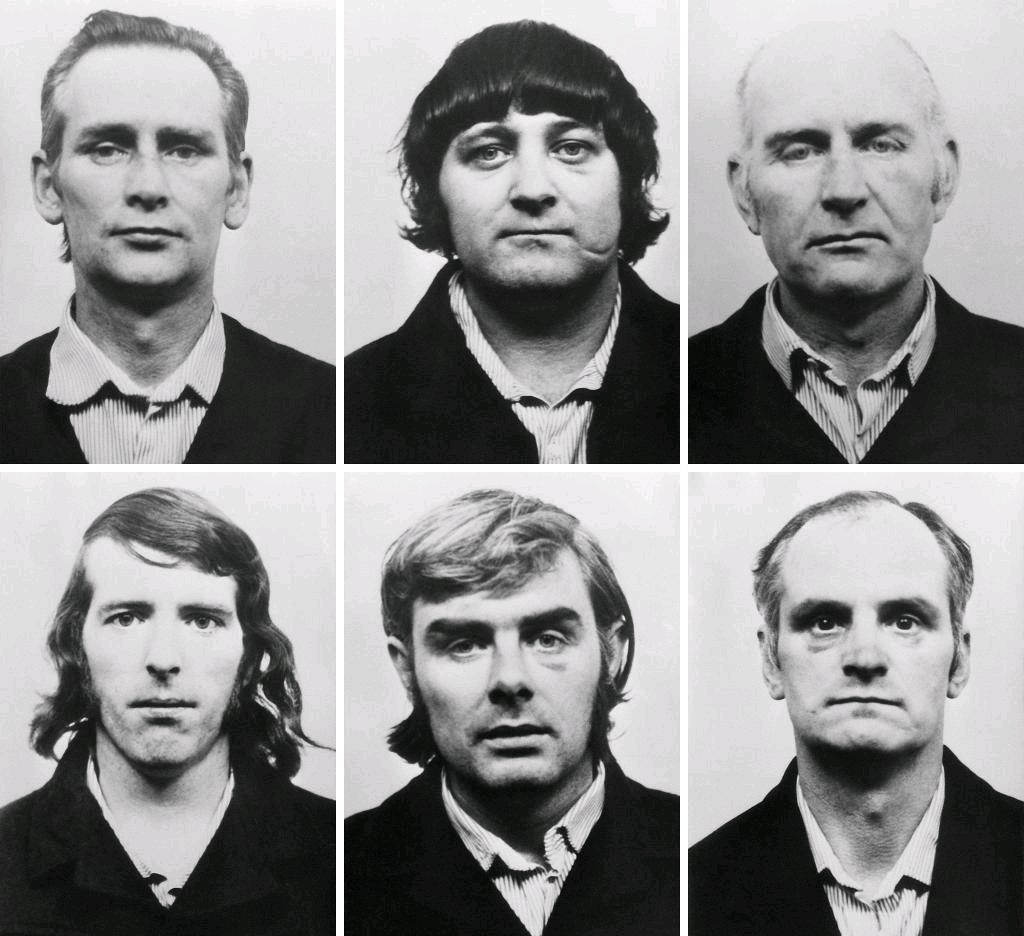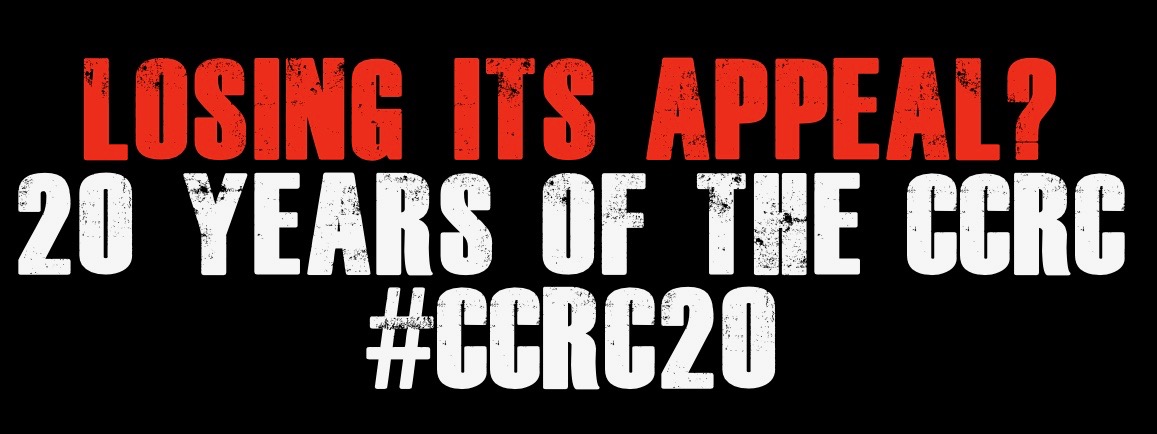#CCRC20: Losing its appeal

The CCRC was set up in direct response to miscarriage of justice scandals such as the Birmingham Six case
In April 1997 that the first miscarriage of justice watchdog began its work. The Criminal Cases Review Commission is now 20 years old. A milestone has been reached but should we be celebrating the CCRC’s anniversary? Professor Julie Price, director of Cardiff Law School Innocence Project, introduces our #CCRC20 series. You can read her articles for the Justice Gap here.
Our innocence project at Cardiff Law School is youthful in comparison to the CCRC – we’re almost 12 years old. Over a dozen years, we’ve looked closely at about 40 cases where people are maintaining innocence, and we’ve unearthed serious concerns with the safety of many convictions. This is, admittedly, only a miniscule number compared to the review workload of the CCRC, and to the regular caseload of practising criminal appeals lawyers.
Along the way, we’ve educated about 750 students about very real difficulties with the criminal appeals system. They have seen individuals destroyed and families torn apart in a way that you just don’t experience from law textbooks.
What is the CCRC and how does it operate? What dealings do we have with that organisation, and what do we think of those encounters? How easy or difficult is it in reality to overturn a wrongful conviction? What are we learning?
We will discuss such matters in a series of articles over coming weeks. They will be written largely by some of our current students, with contributions from families of people maintaining innocence. This series will be our contribution to marking the important 20-year milestone for the body with which we have a sometimes constructive, but often frustrating, relationship as a “stakeholder”.
Over the past nine years, every March/April we have held an annual ‘innocence week’ at Cardiff, aiming to raise public awareness of the issue of the wrongful conviction of innocent people. So, thank you, CCRC, for having your significant birthday at the same time that we usually turn our attention to awareness raising!
Ambitiously, we hope to present 20 articles for 20 years about 20 different issues or cases. Easter and Exams may intervene to stop the flow of student comment, but we’ll give it a try!
If our articles over the next few weeks indicate an appetite for wider student contribution to issues topical for Justice Gap, then we’ll think about further developing this (thanks to Jon and Justice Gap for facilitating this idea).
Is all this of any interest to those who consider themselves a million miles removed from the alien world of miscarriages of justice? We hope so – and if you are interested in the integrity of the justice system, then you should care about how this little-understood, cash-starved and overwhelmed organisation is functioning. There is plenty of interest in the topic of wrongful conviction generated by the likes of the US shows such as the Netflix series ‘Making a Murderer’ and the podcast ‘Serial’ but (we respectfully suggest) some of that should be directed to matters closer to home.
Should we be celebrating 20 years of the CCRC? The jury is out for now.
READ THE ARTICLES
Partly excellent, partly abysmal: Paul May of the Birmingham Six campaign reflects on 20 years of the CCRC
The Long Walk to Freedom: Mike White, an investigative journalist from New Zealand, visited the UK
Losing its appeal: Jon Robins speaks to the campaigners who made the case for a miscarriage watchdog
The Waiting Game: the first part of a two-part history of the CCRC by Jon Robins
The Baptismal Curse: the second instalment of Jon Robins’ two-part history
The following articles are by staff and students of the Cardiff Law School Innocence Project. They reflect their own personal views based on their project casework experiences, and are not the views of Cardiff University and/or Cardiff School of Law and Politics.
Should we be celebrating: Julie Price introduces the series
CCRC – The basics: Cardiff Law School Innocence Project
Police misconduct and the CCRC: Cardiff Law School Innocence Project
When the police can do no wrong: Alex Thomas
Policing the police: Jule Price
What to do about the epidemic of historical sex abuse cases? Dennis Eady
My world fell apart: Anon
Our lives were destroyed that day: Anon
The Reputation of Innocence Projects: Deeanna Wilce






